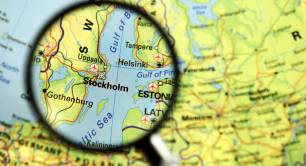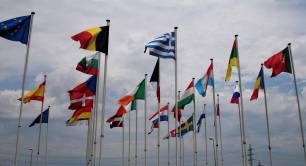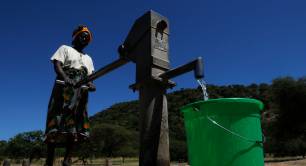Social progress not happening fast enough, finds new report
The latest report from the Social Progress Index has found that social progress is not advancing quickly enough.
The 2017 index shows that personal rights, personal safety, tolerance and inclusion have eroded worldwide and some of the world’s most powerful countries have failed to make significant progress.
However, Michael Green, CEO of the Social Progress Imperative said that “on average, the lives of the people of the world are getting better”.
The Social Progress Imperative is the organisation that produces the Social Progress Index. Existing since 2012, it works to make the concept of social progress as important as economic growth or gross domestic product (GDP).
Rapid improvements in access to information, communications and advanced education have driven global progress.
The index seeks to understand what life is really like in a country, assessing factors like access to clean water and education to the quality of the environment and personal freedom and choice.
The index looks at a range of data and scores countries out of 100. The last rankings were produced in 2014.
The UK, for example, has a score of 88.73, making it the 12 most socially progressive country; Mongolia, with a score of 62, means it is the 86th most socially progressive country (out of a total of 128).
The top ranked country on the index was Denmark. Of the G7 countries, Italy was the lowest ranked at 24th but the US was ranked 18th. Green put this down to lack of safety, school dropouts and low life expectancy. The worst ranking country was the Central African Republic.
When looking at a score across the index, there has only been a small increase in social progress. Although the majority of countries (113 out of 128) improved on their score, the overall average of all the countries has only moved from 63.19 to 64.85.
In his commentary on the report, Green noted that many of the biggest gainers were developing countries, singling out Nigeria and Nepal in particular.
Countries where personal safety and tolerance and inclusion saw little progress included Hungary and Nicaragua.
Photo shows school children in Central African Republic. Photo credit: Pierre Holtz/UNICEF



